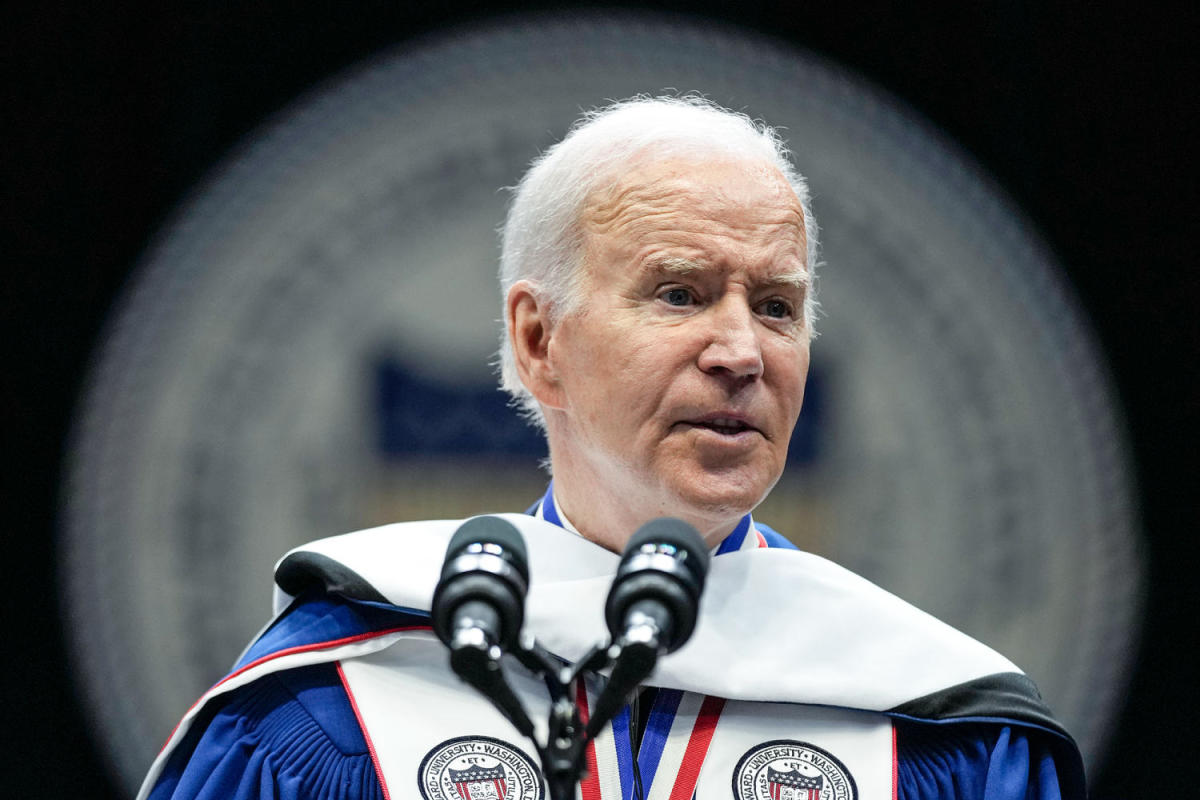Duke researchers have successfully developed a pan-coronavirus vaccine, effective against three deadly strains, with proven efficacy in mouse studies. This advancement paves the way for potential human trials and marks significant progress towards a universal coronavirus vaccine, addressing a critical global health need.
Studies in mice confirm that a vaccine candidate could target SARS and MERS strains.
A promising vaccine targeting three lethal coronaviruses has proven effective in preliminary mouse trials, underscoring the potential for a universal coronavirus vaccine.
The research, conducted by experts at the Duke Human Vaccine Institute, was recently published in the journal Cell Reports. This innovative nanoparticle vaccine builds upon a former version that shielded mice and primates from various strains of SARS-CoV-2, the culprit behind COVID-19.
In this study, the vaccine protected mice from SARS-CoV-1, another form of SARS coronavirus that can infect humans, and a MERS coronavirus that has led to periodic, deadly outbreaks around the world.
“We are making important progress toward a broadly protective coronavirus vaccine,” said senior author Kevin O. Saunders, Ph.D., associate director of the Duke Human Vaccine Institute. “These are pathogens that cause or have the potential to cause significant human infections and loss of life, and a single vaccine that provides protection could slow down or even prevent another pandemic.”
Vaccine Design and Early Successes
Saunders and colleagues built the tri-valent vaccine using a nanoparticle loaded with a key fragment called a receptor binding domain from each of the coronaviruses. The fragment – a docking site on the virus that enables it to infiltrate the body’s cells – provides enough information for immune cells to build an effective response against actual coronaviruses that enter the body.
In earlier studies in mice and primates, the researchers demonstrated that an earlier iteration of the nanoparticle vaccine was effective against multiple SARS-CoV-2 variants. Human tests are planned next year for a version that carries immunogens to different SARS-CoV-2 strains, including those that have dominated since the original outbreak in late 2019.
Expanding the Vaccine’s Scope
The current work expands the components of the vaccine to include an additional SARS-related virus and MERS virus. In lab studies, as well as in mice, the researchers found that the vaccine candidate generated inhibitory immune molecules called antibodies against all three pathogenic human coronavirus types.
Importantly, vaccinated mice did not grow sick when challenged with either SARS-like or MERS-like viruses.
“This study demonstrates proof-of-concept that a single vaccine that protects against both MERS and SARS viruses is an achievable goal,” Saunders said. “Given that one MERS and two SARS viruses have infected humans in the last two decades, the development of universal coronavirus vaccines is a global health priority.”
Reference: “Vaccine-mediated protection against Merbecovirus and Sarbecovirus challenge in mice” by David R. Martinez, Alexandra Schäfer, Tyler D. Gavitt, Michael L. Mallory, Esther Lee, Nicholas J. Catanzaro, Haiyan Chen, Kendra Gully, Trevor Scobey, Pooja Korategere, Alecia Brown, Lena Smith, Robert Parks, Maggie Barr, Amanda Newman, Cindy Bowman, John M. Powers, Erik J. Soderblom, Katayoun Mansouri, Robert J. Edwards, Ralph S. Baric, Barton F. Haynes and Kevin O. Saunders, 18 October 2023, Cell Reports.
DOI: 10.1016/j.celrep.2023.113248
In addition to Saunders, study authors include lead author David R. Martinez, who is now at Yale School of Medicine, and Alexandra Schäfer, Tyler D. Gavitt, Michael L. Mallory, Esther Lee, Nicholas J. Catanzaro, Haiyan Chen, Kendra Gully, Trevor Scobey, Pooja Korategere, Alecia Brown, Lena Smith, Rob Parks, Maggie Barr, Amanda Newman, Cindy Bowman, John M. Powers, Erik J. Soderblom, Katayoun Mansouri, Robert J. Edwards, Ralph S. Baric, and Barton F. Haynes.
The study received funding support from the National Institute of Allergy and Infectious Diseases, which is part of the National Institutes of Health (U54 CA260543, P01 AI158571).

Rachel Carter is a health and wellness expert dedicated to helping readers lead healthier lives. With a background in nutrition, she offers evidence-based advice on fitness, nutrition, and mental well-being.








